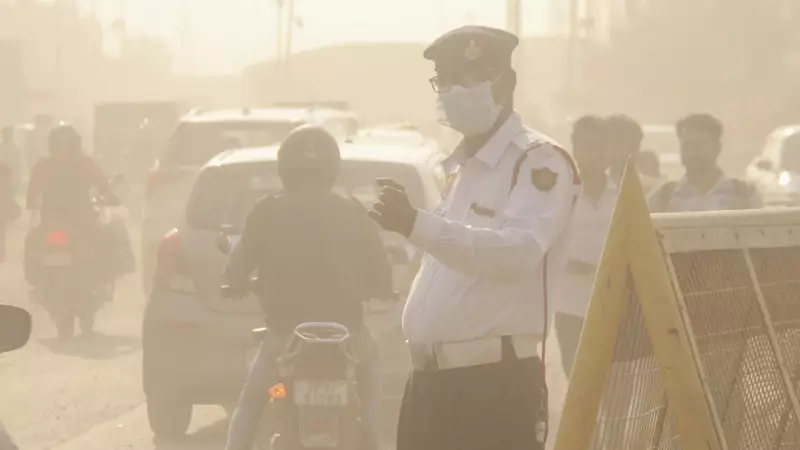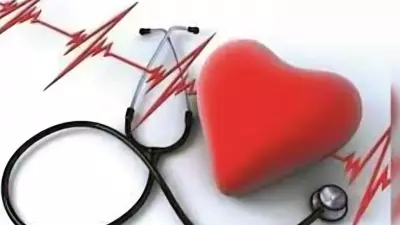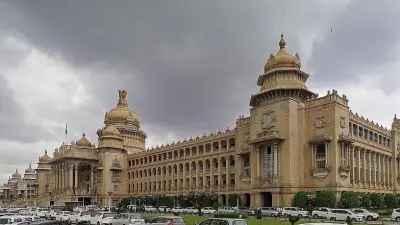
Delhi's atmosphere has once again transformed into a health hazard as the Air Quality Index (AQI) surged past the 300-mark, plunging the capital into the 'very poor' category and prompting immediate regulatory action.
Emergency Measures Activated
The deteriorating air conditions have forced authorities to implement the Graded Response Action Plan (GRAP) Stage II restrictions across the National Capital Region. These emergency measures represent a coordinated effort to combat the escalating pollution crisis before it reaches catastrophic levels.
What GRAP Stage II Means for Delhi
The activated restrictions bring several critical changes to daily life in the capital:
- Enhanced public transportation services to reduce private vehicle usage
- Strict dust control measures at construction sites and roads
- Increased frequency of mechanized cleaning and water sprinkling on roads
- Regular enforcement drives against polluting vehicles and industries
The Health Implications
Medical experts are sounding alarms about the severe health risks associated with the current air quality levels. An AQI reading above 300 poses significant threats to respiratory health, particularly affecting children, elderly residents, and individuals with pre-existing health conditions.
Doctors recommend that vulnerable groups limit outdoor exposure and wear high-quality pollution masks when venturing outside. The toxic air mixture contains dangerous particulate matter that can penetrate deep into lungs and bloodstream, causing both immediate and long-term health complications.
Seasonal Patterns Return
This deterioration follows predictable seasonal patterns, with changing weather conditions and agricultural burning in neighboring states contributing to the capital's pollution burden. The combination of local emissions and external factors creates the perfect storm for air quality collapse.
Environmental agencies continue to monitor the situation closely, prepared to escalate response measures if air quality shows further decline. The implementation of GRAP Stage II serves as a critical warning that Delhi's annual battle with toxic air has officially begun.





